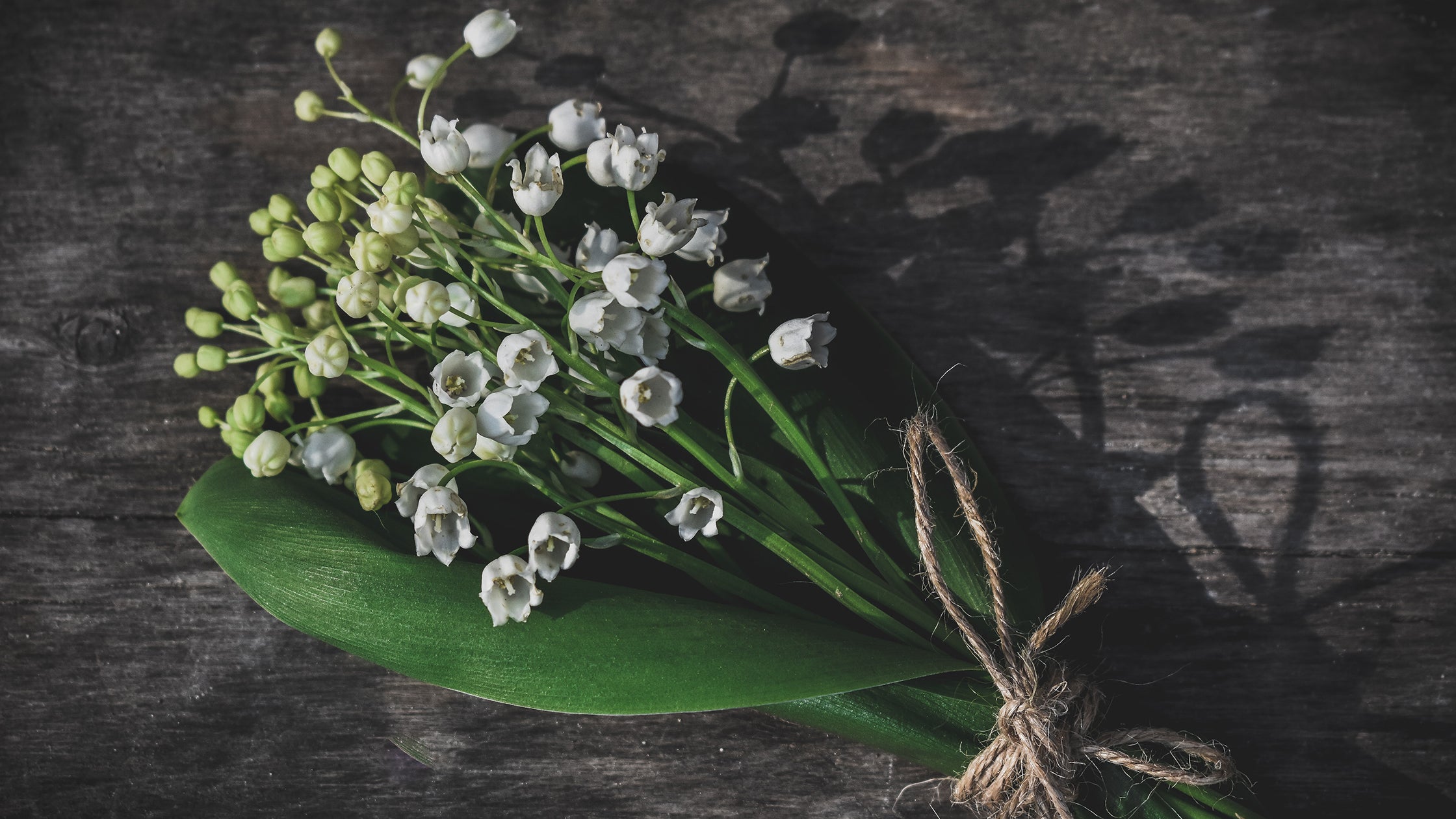In moments of profound loss, navigating the turbulent waters of grief can feel like an insurmountable challenge. Yet, amidst the waves of sorrow, there lies a beacon of hope: the strength to keep calm and move forward. When a friend or family member passes, it's natural to feel overwhelmed by emotions, but it's also essential to remember that healing is a journey, and finding ways to cope is paramount. We’ll go through all the necessary procedures to do for a Funeral service in the Philippines, as well as any tradition that must be upheld when honoring and remembering a lost loved one. From honoring memories to seeking support, let's embark on a journey of healing together, honoring the past while embracing the resilience to forge ahead.
Funeral Service Protocols And Traditions
Funeral Service
Be sure to contact a respectable funeral service for the best service provided. You must ensure that they will handle your loved ones with care and respect in a safe and swift manner. After that you must prepare all other needed protocols, services and traditions. There are many essential protocols and traditions when it comes to Filipino funerals. There is also the question of what the family decided to do with the body, as in if the body will be kept preserved until the burial or a cremation.
Firstly prepare a wake or “lamay” for a time of mourning and remembrance. The wake will usually be around 3 to 7 days of service, which is more than enough time for friends and family and other acquaintances of the deceased to come and pay their respects. Most families will opt for an open casket in order to see their loved one for the last time. With either decision of the family, it is essential to remain respectful to their choices.
Contact your local church to have the body be blessed for safe passage into heaven. Filipino families are heavily religious and it is essential for the body to be blessed. It is another way of saying goodbye, knowing that their loved ones will have a place in heaven.
After the wake is over,the body of the deceased will be taken to a burial ground. Be it a public burial place or a family burial site. A mass must be held in honor of the life lived, the mass will be an expression of a final goodbye. When the mass is finished it will end with the body, in the casket or in an urn, being lowered into the ground. While it is being lowered, flowers can be tossed into the burial as a sign of passing and love. As the hole is covered back, the funeral comes to an end.
Funeral Songs And Presentations
It’s become a common trend for Filipino families to have a slideshow of the life of the deceased in honor and memory of them. These slideshows are typically accompanied with catholic songs or love songs. When the announcement of a death of a loved one is made, you might be asked to offer any pictures you have of the deceased. When the presentation is made it is taken as an honor when your picture is used, but if not, keep in mind that there may have been too many photos, be respectful and offer condolences. It is a time of remembrance and loss, and the pictures of the deceased can offer a more happy moment.
Food Served At The Wake
As tradition the family of the deceased will offer food to anyone who decides to visit and pay respects. It can be tiring to plan a funeral and stressful in a time of loss. Food is a great way to destress. At Filipino funerals there are some food and snacks that are recommended. From traditional Filipino snacks to simple sweets, there’s a lot to choose from.
Puto (Steamed Cakes)
A Filipino steamed rice cake, seen in almost every Filipino event gathering as a snack or dessert for everyone, it’s a popular dessert dish because it compliments many Filipino cuisines. It is traditionally made with slightly fermented rice dough. Typically paid with salty and savory foods because of its sweetness. It’s a nice sweet snack for Funerals, a simple dessert.
Mamon (Chiffon Cakes)
It is a traditional chiffon or sponge cake. Known for its sweet flavor and fluffy texture, it’s a popular snack among the youth of the Philippines. It’s also a wonderful snack during merienda time, for workers who want a quick bite of sweetness during their breaks or even while working, it pairs well with coffee. A great dessert snack for kids during Funerals, or for those who visit early and want a cup of coffee.
Crackers And Biscuits
Simple yet comforting, crackers and biscuits are a staple at funeral wakes, offering a convenient and familiar snack option for mourners. Their subtle flavors and easy-to-eat nature provide a source of solace amidst the somber atmosphere, allowing individuals to graze as they share memories and offer condolences. With a variety of textures and flavors available, these snacks cater to different preferences, ensuring that everyone finds a moment of respite in their presence during this difficult time.
Coffee
As an essential element of mourning rituals across cultures, coffee symbolizes warmth, community, and shared support during a funeral wake. Its rich aroma and soothing properties provide a comforting backdrop for conversations and reflections, fostering connections among mourners. Whether enjoyed black or with cream and sugar, coffee serves as a unifying beverage, inviting individuals to gather, share stories, and find solace in each other's company as they navigate the grieving process together.
Menthol Candies
Menthol candies offer a refreshing burst of flavor and a cooling sensation, providing a welcome distraction and momentary relief during moments of grief. Their subtle sweetness and invigorating taste serve as a gentle reminder to take a breath and find comfort in small pleasures amidst the sadness. As mourners reach for these candies, they not only soothe their senses but also create a shared experience, forging connections and offering silent support to one another as they honor the memory of the departed.
Hot Meals
Serving hot meals at a funeral wake goes beyond nourishment; it symbolizes care, compassion, and communal support for those grieving. Whether it's a hearty stew, comforting casserole, or traditional dishes, hot meals offer comfort and sustenance to mourners, allowing them to replenish their energy and find strength during this emotionally taxing time. In Filipino funerals there are certain meals and dishes that are recommended. A popular hot meal is chicken adobo, and caldereta, which are already popular Filipino foods. Many also opt for fast food as quick meals, fast food restaurants like Jollibee are a favorite go-to.
Juice And Soda
Providing a selection of juices and sodas offers a refreshing respite for mourners, quenching their thirst and providing a momentary distraction from the weight of grief. From classic soda flavors to fruit juices, these beverages cater to diverse tastes and preferences, ensuring that everyone finds a comforting option to enjoy. As individuals sip on these drinks, they find a brief reprieve from their sorrow, allowing them to gather their thoughts, engage in conversation, and find solace in the company of others during the funeral wake.
Dearly Beloved
|
Rest In Peace
|
Peacefully
|
 |
 |
|
|
|
|
 |
Funeral Flowers
It is customary in Filipino tradition so sendfuneral flowers of deep condolence when someone you know passes away. Family members, friends, and even co-workers will always send flowers to show condolences, sympathy and offer support and comfort to the family. It is said that the amount of flowers sent to the deceased represent the amount of people they have met and the hearts that they have touched. Traditionally, it is recommended to send white colored flowers as they symbolize purity and innocence. It is a comforting color and is deeply rooted in the customs of funeral traditions. From flower baskets, flower stands, and even bouquets, or wreathes, any kind of flower gift is appreciated.
The 40 Days of Prayer Tradition
In the Philippines, the tradition of the "40 Days of Prayer" holds deep cultural and religious significance, particularly within the Catholic community. Stemming from ancient Christian customs, this tradition involves a period of prayer and remembrance that spans 40 days following the burial of a loved one.
During these 40 days, family members and friends gather daily for prayers, often held at the deceased's home or in a church. These prayers typically include the recitation of the Rosary, Scripture readings, and petitions for the soul of the departed to find peace and eternal rest in the afterlife. The community's presence provides comfort and support to the bereaved, offering solace during a time of profound loss.
Overall, the tradition of the "40 Days of Prayer" in the Philippines encapsulates a blend of religious devotion, cultural heritage, and communal support. It offers a meaningful way for individuals to mourn their loss, find solace in their faith, and draw strength from the collective embrace of their community as they journey through the initial stages of grief.
Funeral And Wake Etiquette
At any formal event there is a certain degree of etiquette one must have when being either the guest or the host. This is most important when it comes to funerals and wakes where respect, remembrance and etiquette is highly needed in order not to insult and disrespect the grieving family.
Attire Of The Mourning And Grieving
Navigating funeral and wake attire is a delicate balance of respect and tradition. In Filipino tradition, mourners typically wear black or dark clothing to the wake, symbolizing solemnity and mourning. Conversely, for the funeral ceremony, white attire is customary, signifying purity and the hope for eternal peace. It's essential to honor these customs and avoid wearing bright colored attire out of respect for the grieving family. By adhering to these guidelines, mourners demonstrate reverence for the departed and solidarity with those in mourning, fostering an atmosphere of dignity and support during this solemn time.
Mood During The Wake
During the wake, maintaining a respectful and somber mood is paramount. Mourners gather to pay their respects to the departed and offer condolences to the grieving family, thus creating an atmosphere of solemn reflection. Conversations are typically hushed, and laughter is subdued, as individuals honor the solemnity of the occasion. It's essential to express condolences with sensitivity, offering support and comfort to those in mourning. By embodying reverence and empathy, mourners contribute to a dignified and comforting environment, allowing for meaningful remembrance and reflection during this time of loss.
Sending Messages And Condolence Flowers in the Philippines
When sending messages and gifts of condolence in the Philippines, it is important to keep in mind Filipino traditions and customs. It's customary to express sympathy with thoughtful gestures, such as sending funeral flower stands. White-colored flowers are traditional, symbolizing purity and peace, while it's advised to avoid bright-colored blooms, as they may be deemed inappropriate for the solemn occasion.Condolence messages should be heartfelt and respectful, offering comfort to the bereaved family, this is usually done by tying a ribbon to the flowers with the gifter’s name/group’s name and the recipient family. By adhering to these customs, mourners honor the cultural traditions and demonstrate empathy and support during their time of loss.
-
"I'm so sorry for your loss. Please know that I'm here for you, whether it's a shoulder to lean on or someone to share memories with."
-
"Sending you love and strength during this difficult time. Your loved one will be deeply missed, and their memory will forever live on in our hearts."
-
"My heart aches for you right now. If there's anything I can do to ease your pain or just be a comforting presence, please let me know."
-
"I can't find the right words, but please accept my sincere condolences. May you find some peace and solace in the midst of this grief."
-
"In moments of sorrow, words often fall short. Just know that I'm here for you, offering my support and sympathy. Your loved one's impact will be remembered by many."
-
"During this tough time, I want you to know that you're not alone. Lean on your friends and family for support, and let the beautiful memories of your loved one bring you some comfort."
-
"I'm deeply sorry for your loss. Your loved one was a remarkable person, and their absence will be felt by all who knew them. Wishing you strength and peace in the days ahead."
-
"May cherished memories bring you moments of comfort. Please don't hesitate to reach out if you need anything—big or small. My thoughts are with you."
-
"Losing someone we love is incredibly hard. I hope you find strength in the love and support around you. If you need someone to talk to or lean on, I'm here."
-
"I can't imagine the pain you're going through, but I want you to know that I care. Your loved one brought so much joy to those around them, and their legacy will endure. Take all the time you need to heal."
Conclusions
In the wake of a loved one's passing, navigating the complexities of grief can be daunting. However, by embracing cultural traditions, respecting funeral etiquette, and offering genuine gestures of support, we can provide solace and comfort to those who mourn. Whether it's attending the wake, sending messages of condolence, or simply being present for those in need, our collective efforts foster a sense of unity and healing. Together, we navigate the journey of loss with empathy, resilience, and enduring compassion.
Best Rated Florist In The Philippines
4.6/5.0 Based On 8852 Reviews
![whatsapp icon]() Click here to WhatsApp us! (9am - 6pm, Mon-Sun)
Click here to WhatsApp us! (9am - 6pm, Mon-Sun)


































